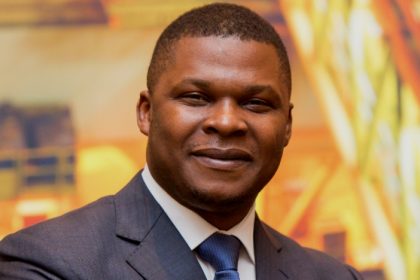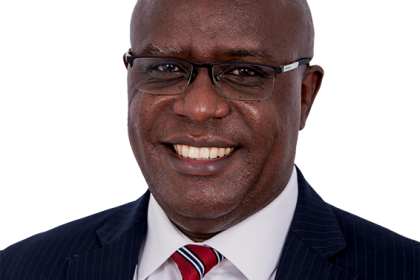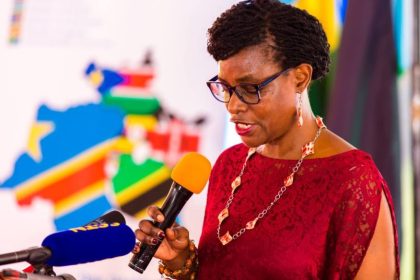Whistle-blower urges IGG to delve deeper into Star Times deal with SIGNET
KAMPALA, JUNE15 – The woes of Chinese Tv content marketer Star Times are not about to end after a whistleblower petitioned the IGG to investigate the risks associated with handing over Uganda’s television signal distribution business to the firm before giving the green light its proposed partnership with national signal distributor SIGNET.
In an extensively research opinion supported by a huge volume of supporting, a one James Dickson Okot, a resident of Kawempe, brings to light a catalogue of scandals involving the Chinese Pay Tv company in different African countries to argue against the impending award of a 10 year concession under which Start Times would run the signal distributor on commercial terms for SIGNET. Star Times would control the signal distribution business for ten years by paying annual fees to SIGNET.
In his letter, Okot’ raises questions about Star Times capacity to deliver on its end of the bargain given their controversial record in Africa.
“Whilst it’s obvious that SIGNET currently lacks the financial muscle to successfully build and maintain the signal distribution business and needs support hence the reason they were exploring such an arrangement, I am of the view that a number of issues and alternatives need to be considered before such an agreement can be sanctified by the IGG,” Okot’s petition reads in part.
“First and foremost are sovereign considerations, SIGNET and UBC being the National Signal distributer and Public Television service respectively are strategic national assets which is supposed to be used for the public good and national interests, handing over control of such an asset to foreigners would change this situation as commercial interests will undoubtedly take precedence over national ones. Imagine for example if the President needs to make an urgent national address on television, will the newly concessioned national broadcaster stop its regular programming which is being paid for by advertisers to accommodate the address? Or will the President’s office be forced to pay for the privilege.
Controversial record
“Secondly has anyone within your office or in Government done any background investigations into Star Times credibility or looked their operating record across the continent? A quick Google search yields a lot more questions than answers. To mention but a few controversies freely available online, in 2011 the New Times of Rwanda reported Stars radio and communications license had been cancelled due to a failure to honour contractual obligations, in 2013 Zambia’s Ministry of Information Broadcasting cancelled a tender for the supply delivery and commissioning of its National DTT network awarded to Star Soft Technology (a Star subsidiary) due to corruption, while in 2015 The Ministry of Communications in Ghana cancelled a similar contract due to a failure by the company to secure committed funding from the China Exim bank to execute the project. It appears Star was fully aware about this impending problem as a few years prior in 2013 PM news a Chinese media house quoted the MD Star Times saying that they faced a funding crisis and would be unable to build networks in some countries they had already obtained licenses for.
“These and many other reports I have forwarded to your office are very worrying for the country and suggest that while Star times appears to tick all the boxes as far as technical capacity is concerned, given their operational and Governance history across Africa the company simply cannot be trusted with control of Uganda’s digital infrastructure.
Okot ends his letter by imploring the IGG to “examine the terms of the proposed agreement with SIGNET/UBC more closely before moving the deal forward and urge the Government to look for alternatives that secure both our national interests and digital future. A joint venture between A joint venture between our national broadcaster UBC and an international investor might be one such an option.”

 AfDB puts up nearly $700m for Burundi-Tanzania SGR link
AfDB puts up nearly $700m for Burundi-Tanzania SGR link
 Bank of Uganda keeps base rate at 9.5% to support surge in GDP growth
Bank of Uganda keeps base rate at 9.5% to support surge in GDP growth
 Africans must resist being bulldozed in energy transition timetable debate
Africans must resist being bulldozed in energy transition timetable debate
 Standard Bank Group appoints new Chief Executive for Uganda Holdings
Standard Bank Group appoints new Chief Executive for Uganda Holdings
 TradeMark Africa introduces new App to limit EAC trade barriers
TradeMark Africa introduces new App to limit EAC trade barriers
 Employer hiring up during November as Stanbic PMI rises to 53.4
Employer hiring up during November as Stanbic PMI rises to 53.4
